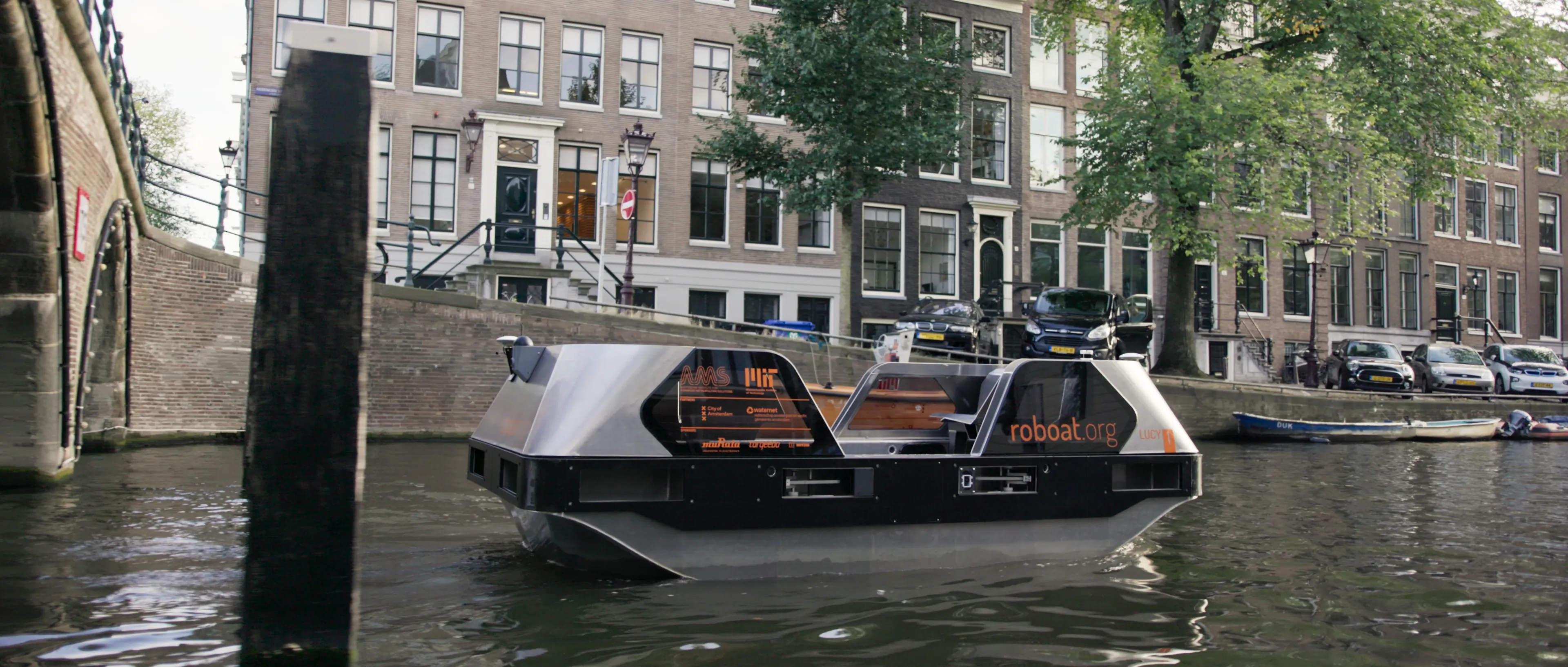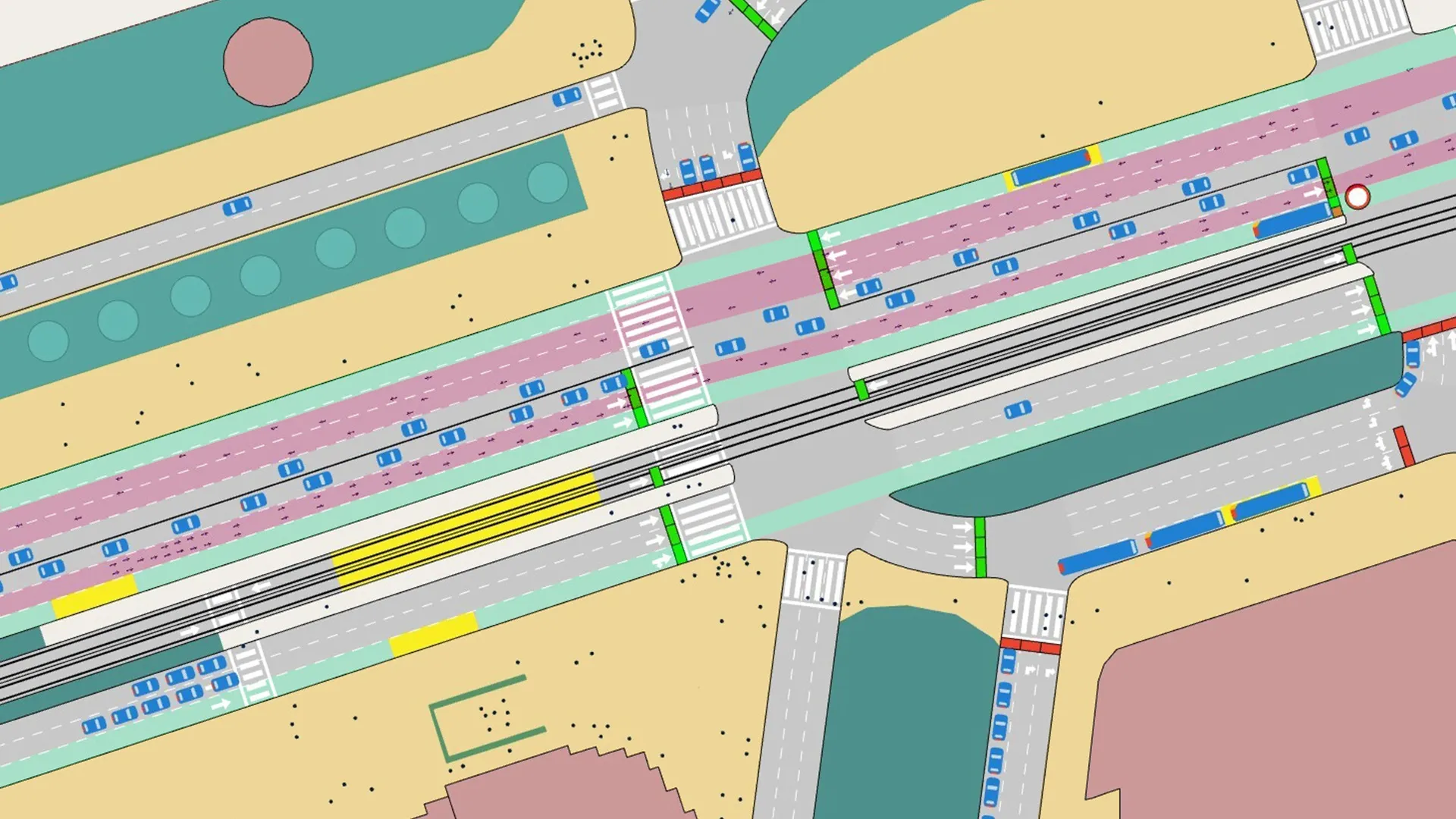Germany’s
The cooperation between PTV and VEDECOM follows an earlier initiative where PTV assisted VEDECOM in modelling a new research area located in the Satory district near Paris, where optimal access routes to the area are defined using PTV Vissim and PTV Viswalk software for traffic and pedestrian simulation.
The new research consists of a lab and a circuit where autonomous vehicles can be tested. In addition, PTV will take part in the CoEXist research project which aims at realistically illustrating the driving behaviour of autonomous vehicles using PTV Vissim.
In a second step, additional PTV software tools, such as PTV Optima and PTV xServer, may be deployed to enable the smart city platform to supervise access to the area in real time for all transport modes, including autonomous vehicles.
PTV Group and VEDECOM partnership to focus on MaaS, smart cities and autonomous vehicles
Germany’s PTV Group and French institute VEDECOM have announced their collaboration on a three-year strategic initiative. VEDECOM focuses on research and development in the field of MaaS (Mobility as a Service) in smart cities, including the integration of autonomous vehicles and their monitoring in real-time.
July 12, 2017
Read time: 1 min










